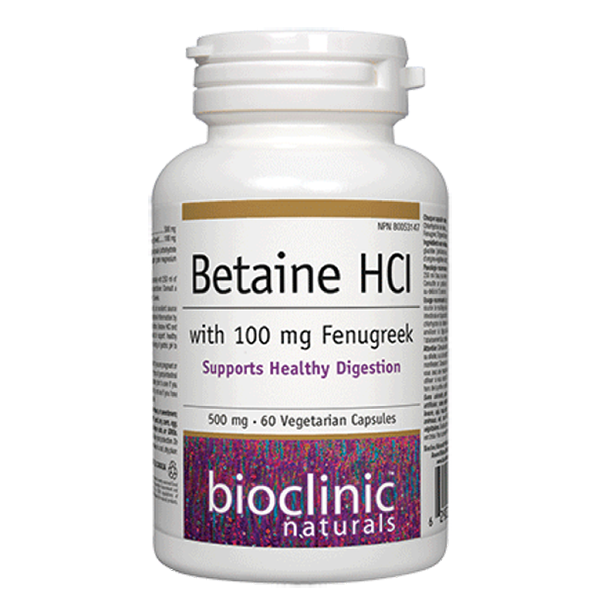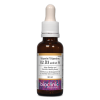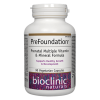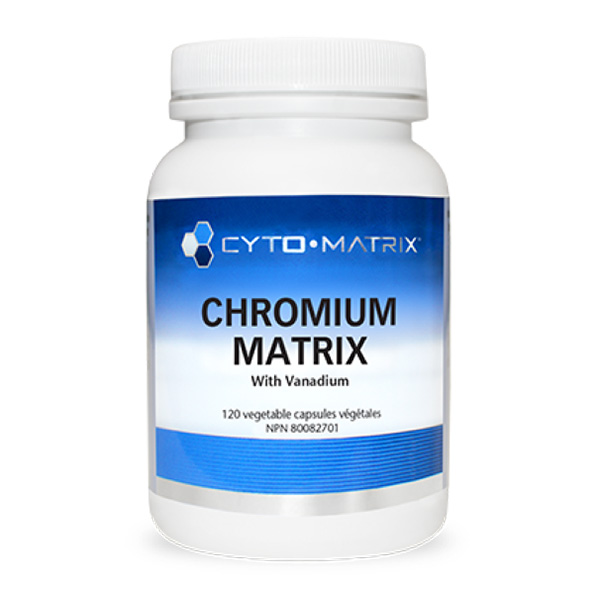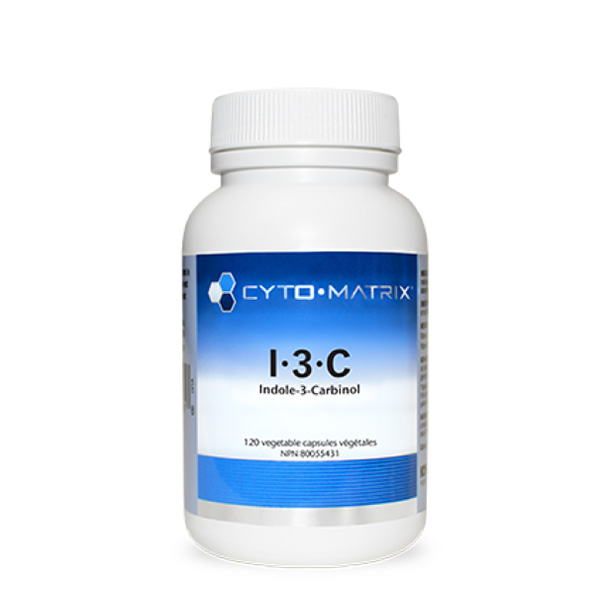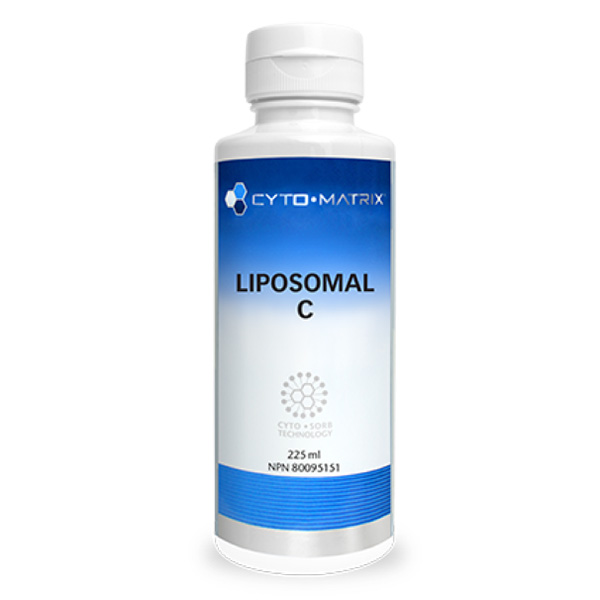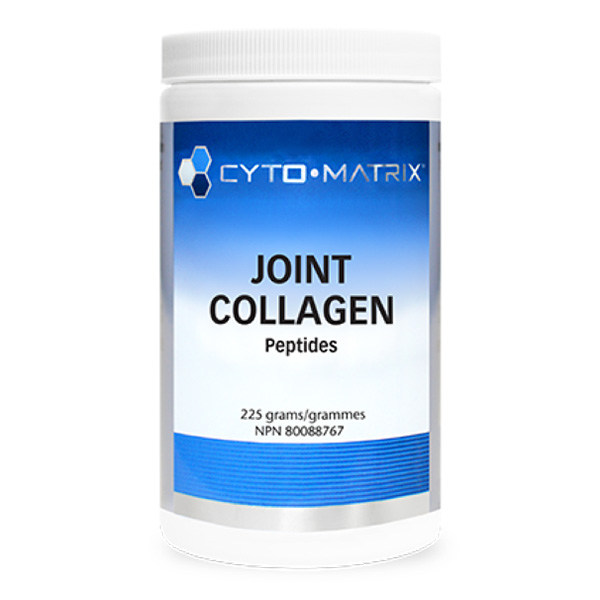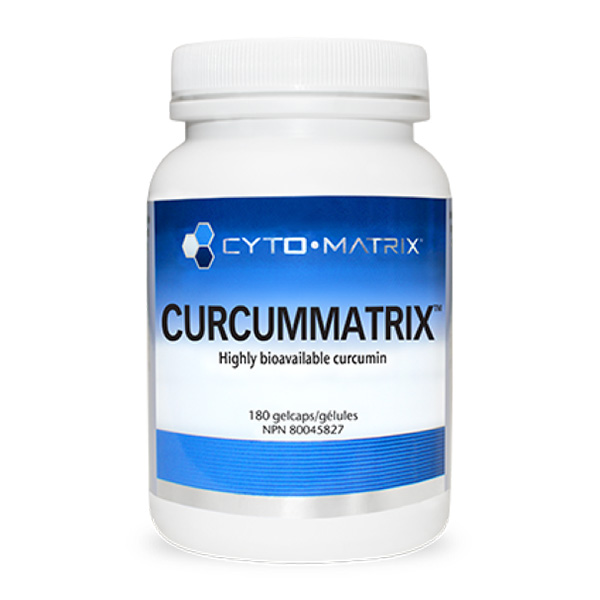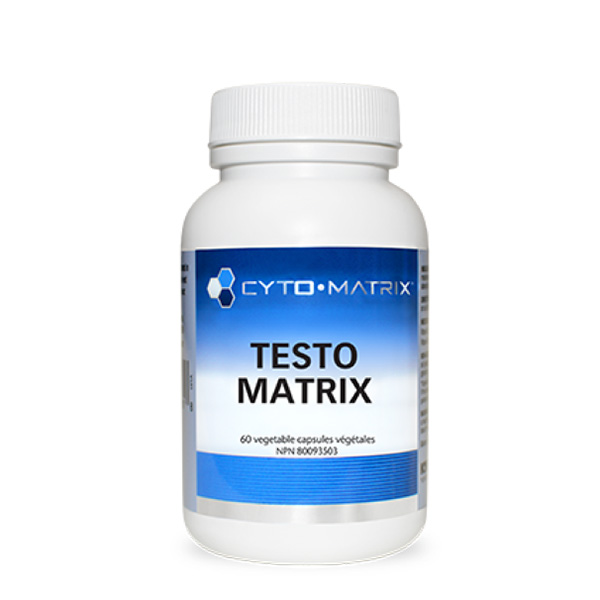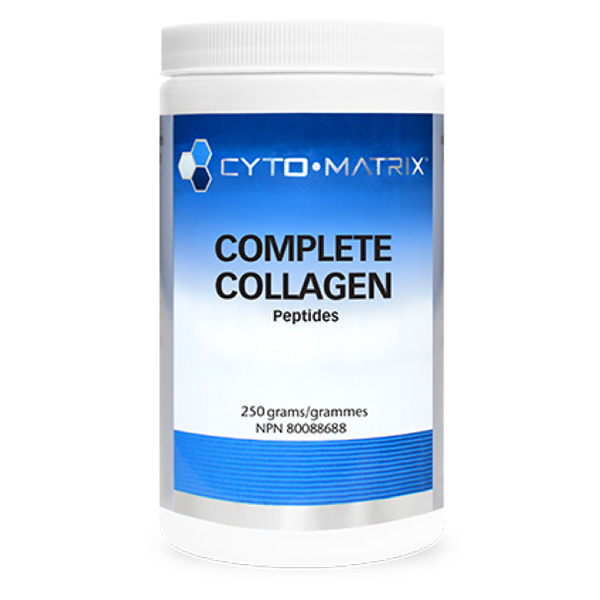Bioclinic – Betaine HCI

$10.99
with 100 mg Fenugreek
60 Vegetarian Capsules ( SKU: 9229, NPN: 80053147 )
In stock
Benefits
- Provides mucilage from fenugreek seeds to soothe gastrointestinal inflammation
- Naturally sourced from beets
- 500 mg of Betaine HCl per capsule allows for flexible dose titration
- Suitable for vegetarians/vegans
Feature Summary
Betaine hydrochloride increases stomach acid to enhance digestion. HCl assists in protein digestion by activating pepsinogen to pepsin, renders the stomach sterile against orally-ingested pathogens, prevents bacterial or fungal overgrowth of the small intestine, encourages the flow of bile and pancreatic enzymes, and facilitates the absorption of several nutrients including folic acid, ascorbic acid, beta-carotene, non-heme iron and some forms of calcium, magnesium and zinc.1 However, in the absence of adequate HCl, poor digestion can arise leading to bloating, belching, indigestion, and diarrhea or constipation.1,2 Numerous studies have shown acid secretion declines with advancing age3,4,5 and impaired HCl production and secretion is correlated with a variety of clinical conditions, including food allergies, asthma, diabetes, thyroid disorders, osteoporosis and arthritis.1,2 While the underlying etiological factors leading to impaired or absent HCl secretion are not well understood, long term supplementation is generally safe and may be effective in certain patient populations and clinical conditions.1 Combining betaine HCl with fenugreek further supports digestive function and health, as fenugreek seeds are an excellent source of mucilage, which helps soothe gastrointestinal inflammation by coating the lining of the stomach and intestine.
Medicinal Ingredients
Serving Size: 2 Vegetarian Capsules
Servings per Container: 60
Each Capsule Contains:
Betaine Hydrochloride…………………………………………………..500 mg
Fenugreek (Trigonella foenum-graecum) (seed)……………..100 mg
Non-Medicinal Ingredients
Vegetarian capsule (carbohydrate gum [cellulose], purified water), vegetable grade magnesium stearate (lubricant), silica.
Allergens:
Contains no artificial colours, preservatives, or sweeteners; no dairy, starch, sugar, wheat, gluten, yeast, soy, corn, egg, fish, shellfish, animal products, salt, tree nuts, or GMOs. Suitable for vegetarians/vegans. Sealed for your protection. Do not use if seal is broken. For freshness, store in a cool, dry place.
Recommended Use:
3 capsules daily with 250 ml of water or as directed by a health care practitioner. Consult a health care practitioner for use beyond 12 weeks.
Contraindications
Consult a health care practitioner if you are pregnant or breastfeeding or if you experience symptoms of gastrointestinal
problems. Consult a health care practitioner prior to use if you have cardiovascular disease or diabetes. Do not use if you have peptic ulcer. Keep out of reach of children.
Drug Interactions
Fenugreek might have additive effects when used with anticoagulant or antiplatelet drugs, although this may not be clinically significant.7,8 Fenugreek may reduce blood glucose levels and may be additive to antidiabetes drugs. Monitor blood glucose levels closely.9,10
- Kelly GS. Hydrochloric acid: Physiological functions and clinical implications. Alt Med Rev. 1997; 2(2):116-127.
- Murray MT, Pizzorno J. The Encyclopedia of Natural Medicine. 3rd ed. New York: Atria Paperback; 2012.
- Rafsky HA, Weingarten M. A study of the gastric secretory response in the aged. Gastroenterology. 1947 Mar;8(3):348-52.
- Davies D, James TG. An investigation into the gastric secretion of a hundred normal persons over the age of sixty. BMJ. 1930;1:1-14.
- Baron JH. Studies of basal and peak acid output with an augmented histamine test. Gut. 1963;4:136-144.
- Patil SP, Niphadkar PV, Bapat MM. Allergy to fenugreek (Trigonella foenum graecum). Ann Allergy Asthma Immunol. 1997 Mar;78(3):297-300.
- Bordia A, Verma SK, Srivastava KC. Effect of ginger (Zingiber officinale Rosc.) and fenugreek (Trigonella foenumgraecum L.) on blood lipids, blood sugar and platelet aggregation in patients with coronary artery disease. Prostaglandins Leukot Essent Fatty Acids. 1997 May;56(5):379-84.
- Lambert J, Cormier J. Potential interaction between warfarin and boldo-fenugreek. Pharmacotherapy. 2001 Apr;21(4):509-12.
- Madar Z, Abel R, Samish S, Arad J. Glucose-lowering effect of fenugreek in non-insulin dependent diabetics. Eur J Clin Nutr. 1988 Jan;42(1):51-4.
- Bhardwaj PK, Dasgupta DJ, Prashar BS, Kaushal SS. Control of hyperglycaemia and hyperlipidaemia by plant product. J Assoc Physicians India 1994 Jan;42(1):33-5.
Related Documents
| Weight | 0.1 kg |
|---|

